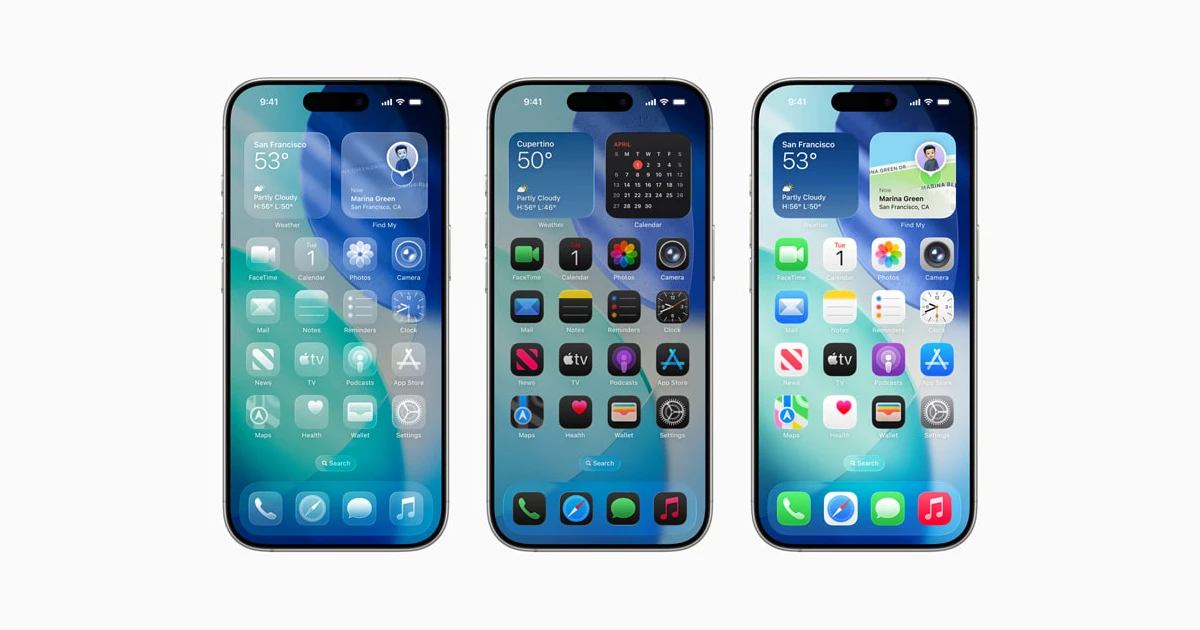Microsoft’s direct link with this protocol is also a big part of its ambitions to be able to connect to apps and services in ways that haven’t been possible before. In an interview with The Verge, Pavan Davuluri also said “We want Windows as a platform to be able to evolve to a place where we think agents are a part of the workload on the operating system, and agents are a part of how customers interact with their apps and devices on an ongoing basis,”.
Microsoft is also pro-MCP in a big way inside Windows, alongside even broader efforts to power what it calls the agentic web. To go further with Windows in this agentic world that Microsoft envisions, the company is coming up with new developer capabilities that have the potential to enable the MCP framework for AI agents to expose key Windows functionality that AI agents will be able to have direct access to.
The MPC registry on Windows will also act as the secure, trustworthy source for all MCP servers that AI agents will be able to access, Davuluri also said “Agents can discover the installed MCP servers on client devices via the MCP registry for Windows, leverage their expertise, and offer meaningful value to end users,”.
With this, MCP servers will be able to have access to the Windows File System, or even the Windows Subsystem for Linux. Even more so, in a demo presented during the Windows announcement, the company presented an early preview of how it is possible for Perplexity on Windows to leverage MCP capabilities.
Yet, instead of doing all this process manually, and looking for all selected folders and documents, the artificial intelligence tool has the ability to simply query the MCP registry in order to look for a Windows file system MCP server to connect to.
So, Perplexity would be able to simply look through the files and search on behalf of a user in a more natural way, by simply asking the AI to locate and look for a file you are looking for, instead of looking and adding the documents manually.
In an interview for The Verge, the vice president of enterprise and OS security at Microsoft said, “Agents can discover the installed MCP servers on client devices via the MCP registry for Windows, leverage their expertise, and offer meaningful value to end users,”.
He also added, “We’re going to put security first, and ultimately we’re considering large language models as untrusted, as they can be trained on untrusted data and they can have cross-prompt injection.”.
David Weston also said, “If you get rid of UIs, I think you run into autonomous attacks,” and “If you show UIs too many times, then you end up with UAC as you put it, so I think we understand that from a UI perspective. We’ve got a great design team and I expect us to have a full-featured set of controls there that’ll hit that sweet spot.”.
Along with this big MCP push, Microsoft is also positioning its own AI platform inside Windows as the rebranded Windows AI Foundry. This also links models from Foundry Local and other catalogs such as Ollama and Nvidia Nim’s and is designed to give permission to developers to tap into models available on Copilot Plus PCs, or even bring their own models through Windows ML.















